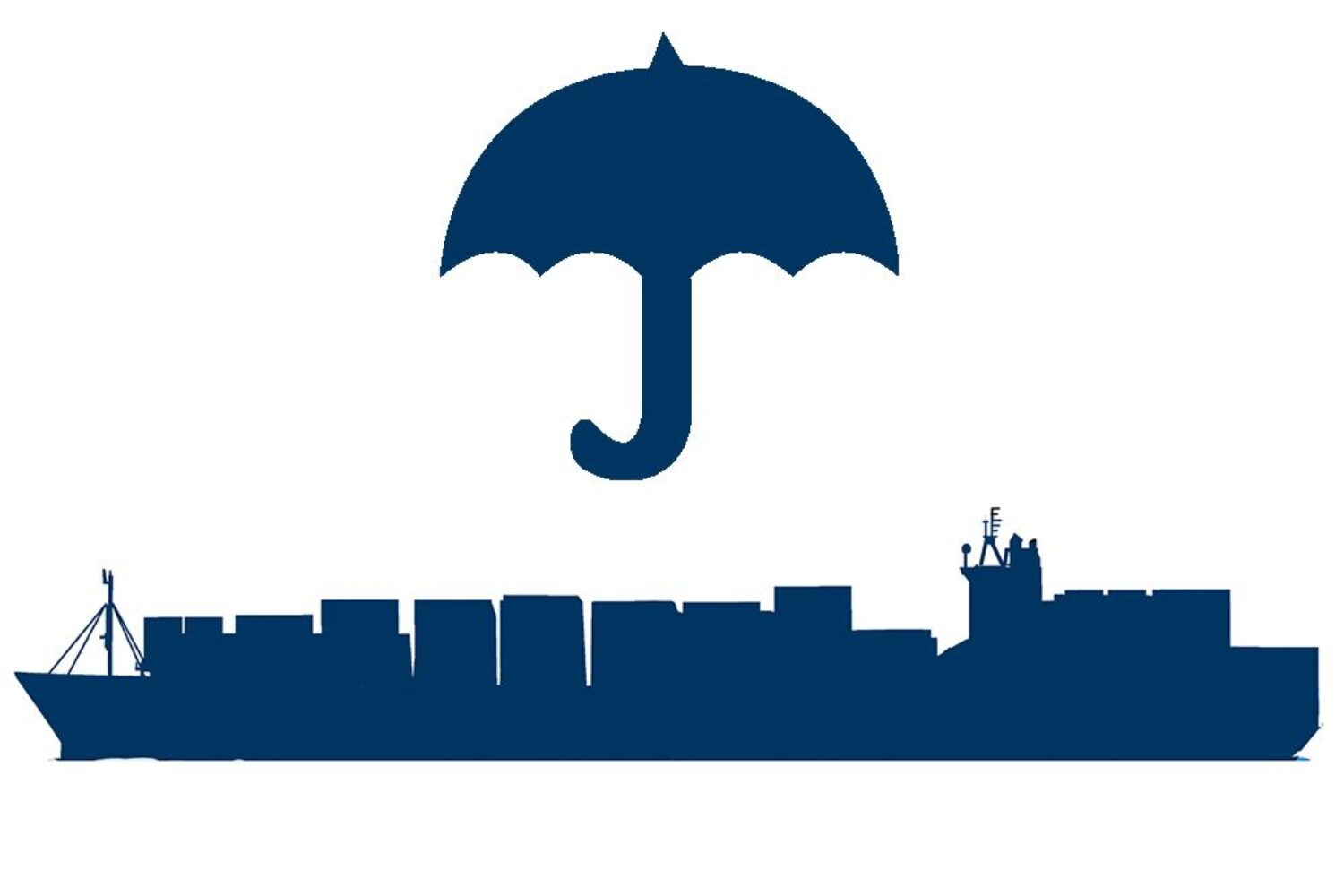Frédéric Denèfle, President of the International Union of Marine Insurance, sees some changes coming to the industry. However, he believes that geopolitics and new trade structures also offer opportunities.
Geopolitical conflicts and changing trade patterns are redefining the risks and opportunities for the marine insurance industry, according to one of the statements made at the opening of this year’s International Union of Marine Insurance (IUMI) conference in Singapore. IUMI President Frédéric Denèfle said that marine insurers are facing significant changes as the world nears the end of an era of seamless globalization.
He reflected on the deepening changes in global trade – a topic he has addressed at previous IUMI conferences, but which he believes has now reached a critical tipping point: “The end of globalization is getting closer and closer,” he said.
“We have already seen a slowdown in recent years, but after the coronavirus pandemic, this trend has accelerated. While the uncertainty surrounding US tariffs has eased somewhat, escalating trade tensions and regional conflicts are changing the fundamentals of international trade.” In his view, the conflicts in Ukraine/Russia and the Red Sea make it clear that hard national interests are taking precedence over international cooperation and peaceful economic growth.
Denèfle was certain that the changing environment does not signal the end of international trade, but rather a shift into a new era – an era that marine insurers need to understand. “Traditional practices in shipping and logistics are being fundamentally changed,” he said. “The global trading environment is no longer moving towards seamless integration. Instead, fragmentation is setting in, bringing new challenges and opportunities for risk assessment, underwriting and innovation.”
According to Denèfle, this change is already evident in a number of ways, including
- Ships are avoiding high-risk regions and taking longer, more costly routes
- A possible resurgence of inland transportation and nearshoring
- Rising commodity prices and the resulting impact on inflation
- The restructuring of cross-border supply chains, requiring investment in new onshore infrastructure
- An increasing reliance on artificial intelligence, alternative trade corridors and emerging markets.
These dynamics, he believes, could lead to a new kind of shipping industry – one that is more adaptable, technology-driven and strategically diversified. Despite these potential changes, however, Denèfle was optimistic and emphasized the robustness and continued relevance of the marine insurance sector: “The marine insurance markets remain stable,” he said. “Financial ratings are strong and confidence in insurers remains high. Of course, a sharp decline in international trade could have an impact on global premium volumes, which would mean that we would have to revise our business plans and underwriting guidelines. But at the moment, our industry is showing remarkable resilience.”
Marine insurers have always adapted to change – and this time will be no different. “What we are witnessing is not the end of global trade, but the beginning of a new era. To be successful, we need to fully understand these changes, embrace innovation and continue to build confidence and resilience in everything we do.”













